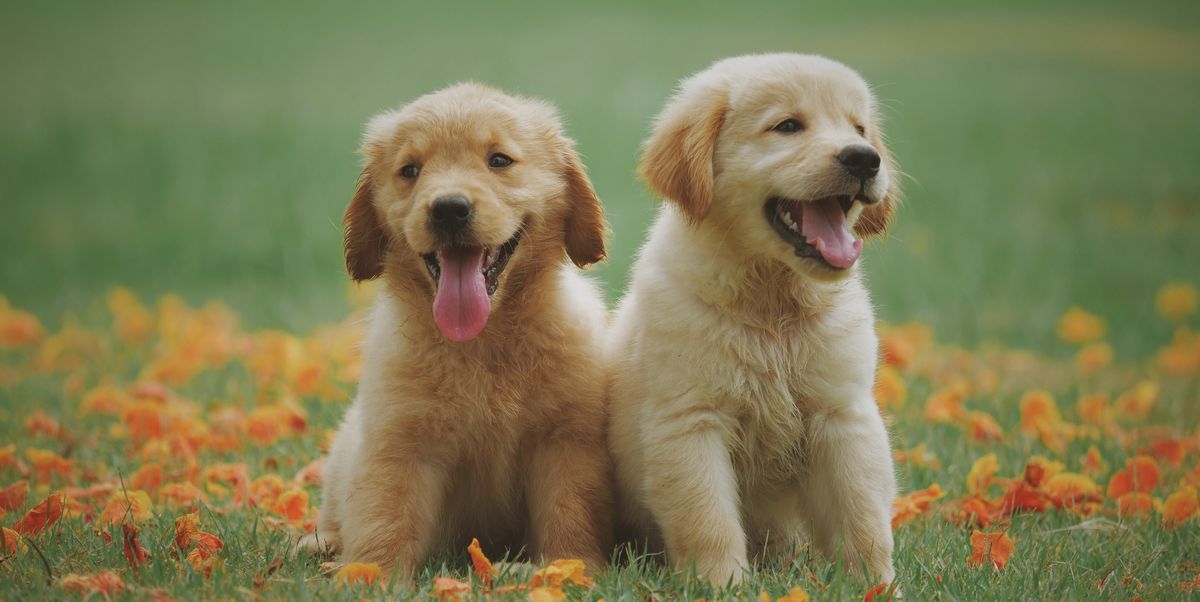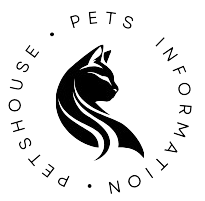
In the vast and diverse realm of the animal kingdom, the term “animal” transcends the familiar connotation often associated with pets. While our domesticated companions hold a special place in our hearts, it’s essential to acknowledge the breadth of the animal kingdom beyond the confines of our homes.
Unveiling the Diversity
The world of animals is a tapestry woven with the threads of diversity. From the microscopic organisms inhabiting the soil to the awe-inspiring majesty of creatures roaming the savannas, every nook and cranny of the planet is inhabited by unique and fascinating beings. While we often focus on animals as pets, this represents merely a fraction of the myriad forms life takes.
Consider the biodiversity found in tropical rainforests—a cacophony of colors, shapes, and behaviors that defy our conventional understanding. The intricacies of the animal kingdom unfold in habitats far removed from our daily lives, each species playing a crucial role in the delicate balance of ecosystems.
The Dance of Adaptation
Survival in the animal kingdom is a dance of adaptation, a perpetual ballet that unfolds over eons. Species evolve unique traits and behaviors in response to their environments, ensuring their place in the intricate web of life. This dance extends beyond the domesticated setting of pets to the untouched wilderness, where creatures navigate the challenges of their natural habitats.
Consider the Arctic fox, adorned with a winter coat that camouflages seamlessly with its snowy surroundings. This remarkable adaptation is not a feature of our typical notion of pets but an integral part of the evolutionary tapestry written by nature.
Ethical Considerations
While pets bring joy and companionship to many, ethical considerations arise in the context of the broader animal kingdom. Beyond our homes, animals inhabit ecosystems where their roles extend far beyond being pets or companions. Conservation efforts become imperative to protect the natural habitats of diverse species, acknowledging their intrinsic value beyond their potential role as pets.
In the wild, animals face challenges ranging from habitat loss to climate change. Ethical considerations in conservation go hand in hand with our responsibilities as stewards of the planet, ensuring the survival and well-being of species beyond those we invite into our homes as pets.
Niche Specialization
Niche specialization is a phenomenon that extends well beyond the domesticated confines of pets. In the animal kingdom, each species occupies a specific ecological niche—a role that contributes to the overall functioning of ecosystems. While pets fulfill roles as companions, animals in the wild have roles that extend to predator-prey dynamics, pollination, seed dispersal, and much more.
The niche specialization of animals in the wild, such as the symbiotic relationships between certain flowers and their pollinators, showcases the intricate ballet of coexistence. It’s a dance where every participant, whether it’s a domesticated pet or a wild creature, has a part to play in the grand scheme of life.
Conservation and Habitat Preservation
The conversation about animals goes beyond our personal connections with pets. Conservation and habitat preservation become paramount in ensuring the continuity of the animal kingdom. While we adore our pets and strive to provide them with comfortable lives, the preservation of natural habitats for wild animals becomes equally crucial.
From vast marine ecosystems to dense rainforests, the efforts to conserve habitats resonate with the idea that animals, whether domesticated as pets or residing in the wild, deserve a world where their natural behaviors and ecosystems are protected.
Interconnected Web of Life
The interconnectedness of life underscores the fact that animals, whether serving as pets or thriving in the wild, are integral components of a delicate web. A disruption in one part of this web can have ripple effects throughout ecosystems. It’s a realization that extends beyond our interactions with pets to a broader understanding of the impact we have on the natural world.
As we appreciate the companionship of pets in our homes, let us also recognize the importance of preserving the intricate relationships and dynamics of the animal kingdom in its entirety. The term “animal” encompasses not only the adorable creatures we keep as pets but also the diverse, wild entities that contribute to the rich tapestry of life on Earth.
